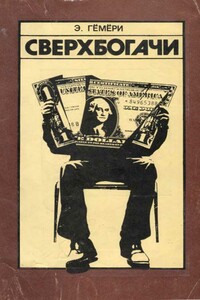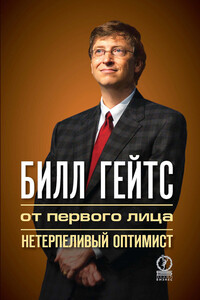(Back Bay Books, 2007). 5. Daniel Kahneman and Gary Klein, “Conditions for Intuitive Expertise: A Failure to Disagree,” American Psychologist 64, no. 6 (September 2009).
6. Donald A. Norman, The Design of Everyday Things (Basic Books, 2002).
7. B. Joseph Pine II and James H. Gimore, The Experience Economy, updated ed. (Harvard Business Press, 2011).
8. Nancy Duarte, Resonate: Present Visual Stories That Transform Audiences (Wiley, 2010).
9. Syd Field, Screenplay, rev. ed. (Delta, 2005).
10. Jeanne Liedtka, “Strategy as Experienced,” Rotman, Winter 2011.
Как противостоять возражениям «да, но…»
1. Frans de Waal, Chimpanzee Politics: Power and Sex among Apes, 25th anniversary ed. (Johns Hopkins University Press, 2007).
2. Art Kleiner, Who Really Matters: The Core Group Theory of Power, Privilege, and Success (Currency/Doubleday, 2003).
3. Peter Schwartz, Learnings from the Long View (CreateSpace Independent Publishing Platform, 2011).
4. Felix Gillette, “The Rise and Inglorious Fall of MySpace,” Bloomberg Businessweek, June 21, 2011.
5. Alfred Rappaport, Saving Capitalism from Near-Termism (McGraw-Hill, 2011).
6. Malcolm Gladwell, Outliers: The Story of Success (Back Bay Books, 2011).
7. Geoff Colvin, Talent Is Overrated: What Really Separates World-Class Performers from Everybody Else (Portfolio Trade, 2010).
8. Daniel Kahneman, Thinking, Fast and Slow (Farrar, Straus and Giroux, 2011).
9. Ellen Goldman, “Experiences That Develop the Ability to Think Strategically,” Journal of Healthcare Management 54, no. 6 (November/December 2009): 403–17.
10. Ellen F. Goldman, “Strategic Thinking at the Top,” MIT Sloan Management Review 48, no. 4 (Summer 2007).
11. Gabriel García Márquez, Chronicle of a Death Foretold, repr. ed. (Vintage, 2003).
12. Niccolò Machiavelli, The Prince, trans. and with an introduction by Harvey C. Mansfield, 2nd ed. (University of Chicago Press, 1998.





